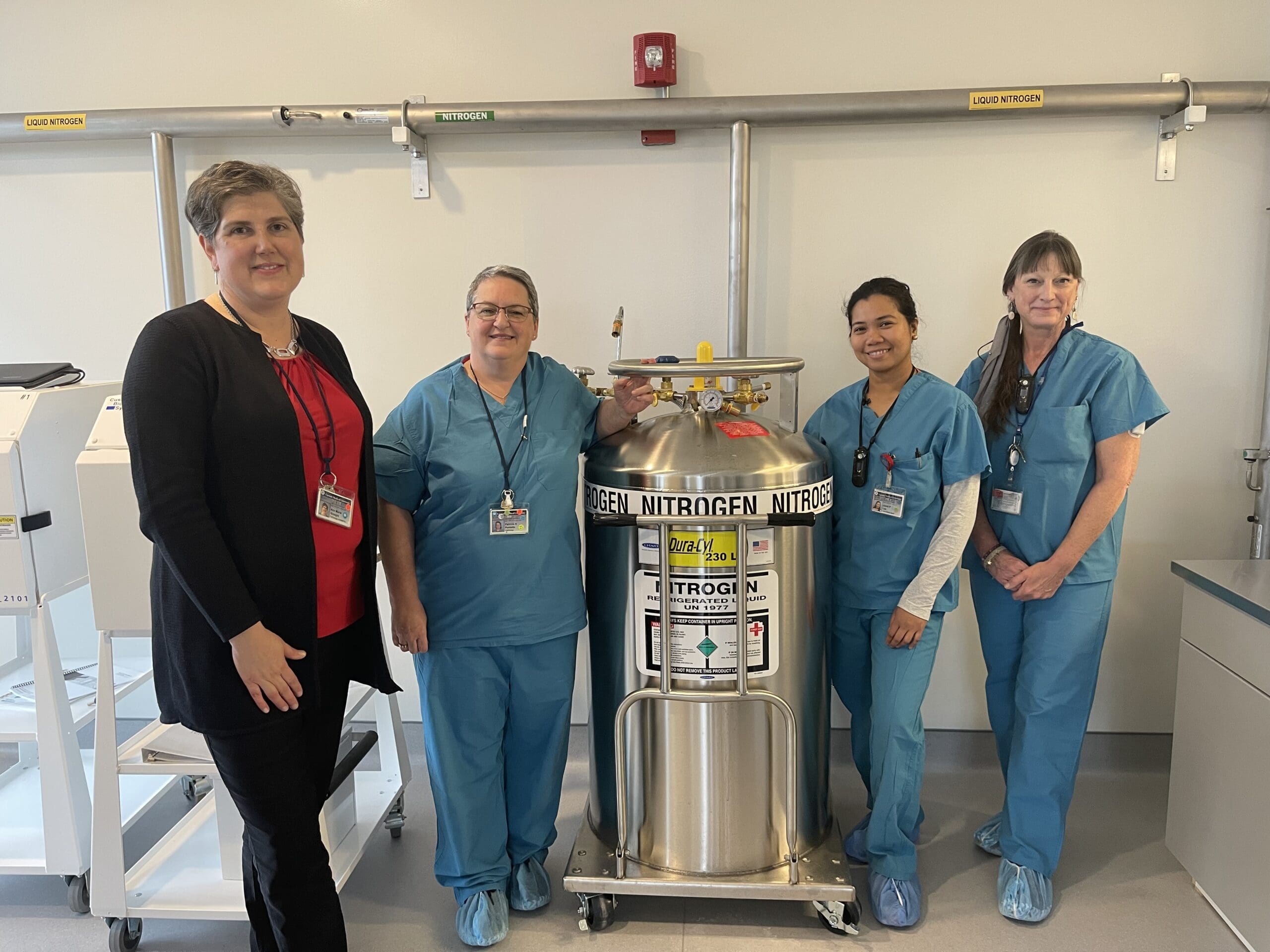By Nichole A. Cavallaro
If you’re familiar with my writing in here, you’ll remember that I used to write about the Fashion and Lifestyle piece conjunction to the magazine’s theme of the month. After some planning and wondering, I will now be able to write what I am professionally and passionately knowledgeable about: mental health and wellness! The magazine’s theme this month is family, and I am choosing to provide information on post-partum anxiety.
So what is postpartum anxiety/PPA? Like postpartum depression/PPD, postpartum anxiety can involve physical symptoms such as changes in eating and sleeping, dizziness, hot flashes, rapid heartbeat and nausea, as well as the inability to concentrate on a certain task. For most women, these feelings kick in sometimes between birth and baby’s first birthday, but in some cases, they begin much earlier. Even though PPD is more often diagnosed than PPA, the two go hand in hand, as being depressed can exacerbate the anxiety, and vice versa. Some worry is adaptive, as it’s a natural response to protect one’s baby, and often that is expressed with hyper-alertness and hyper-vigilance. For example, a new parent may think, “What if my baby suffocates? Or slips under the water during a bath? What if someone steals him or her?” For some parents, that is just mental noise. It’s dismissible, so the thoughts cease from creeping in. On the other hand, if you know your worries are irrational, like you have an intense fear that your baby will get hurt if you don’t hold them, but you cannot get that worry out of your brain, it becomes a concern because this is when anxiety overrides reality.
What can trigger this anxiety? A huge hormonal shift! Estrogen and progesterone levels increase 10- to 100-fold during pregnancy, then fall to essentially zero within 24 hours of delivery. It can literally feel like someone has hijacked our brains. This is in addition to the following days that include sleep deprivation, changes in relationships, new schedules and responsibilities, including the round-the-clock care of a newborn. And then add that to society’s expectation that this should be one of the happiest times of your life and that you should know what to do instinctively as a mother, and it’s no wonder that so many mothers start to come unglued and stressed out! While any new mom can develop postpartum anxiety, those with any personal or family history of anxiety, depression, PMS symptoms, eating disorders or obsessive-compulsive disorder (OCD) are at higher risk of developing postpartum anxiety.
So now that we have got all that fun stuff out of the way, there is treatment and ways to manage this because, let’s face it, you have enough on your plate. If you’re feeling overwhelmed with worry, tell your OB-GYN or primary doctor, and ask for a referral to a therapist who has experience with perinatal mood disorders or a mental health professional who specializes in anxiety/women’s issues and is trained in cognitive behavioral therapy (CBT). Cognitive behavioral therapy gives you the skills to change the thinking and behavior patterns that lead to anxiety. It can help you look more realistically and positively at rational concerns rather than freaking out and going from 0-100 with worry.
A few things that can help with worry and anxiety are meditation, yoga and mindfulness training. Exercise can also relieve anxiety by helping you feel more empowered and it can release those feel good endorphins. Even a walk every day or every other day can help.
It is my hope that this information does not cause you to feel anxious (how ironic), but to educate you on the reality of potential symptoms we as women experience. Education is important because the more you know about your mental health concerns, the better you are at parenting yourself. Which in turn, helps you to be a better parent to your child.
Nichole is a mental health provider and writes about mental health and wellness issues on her blog, found at mentalhealthwellnesstherapy.com and self-mom.com.





